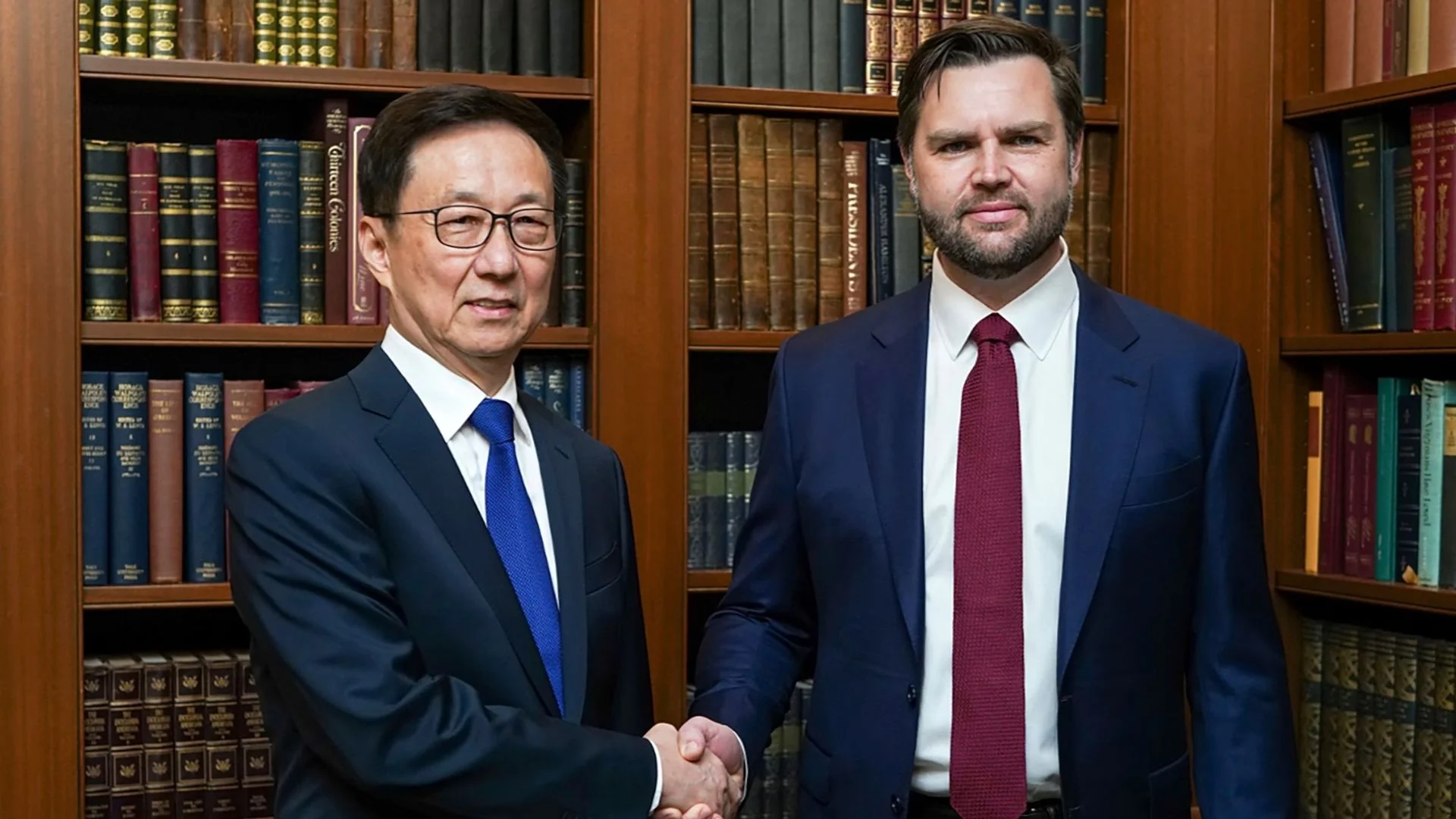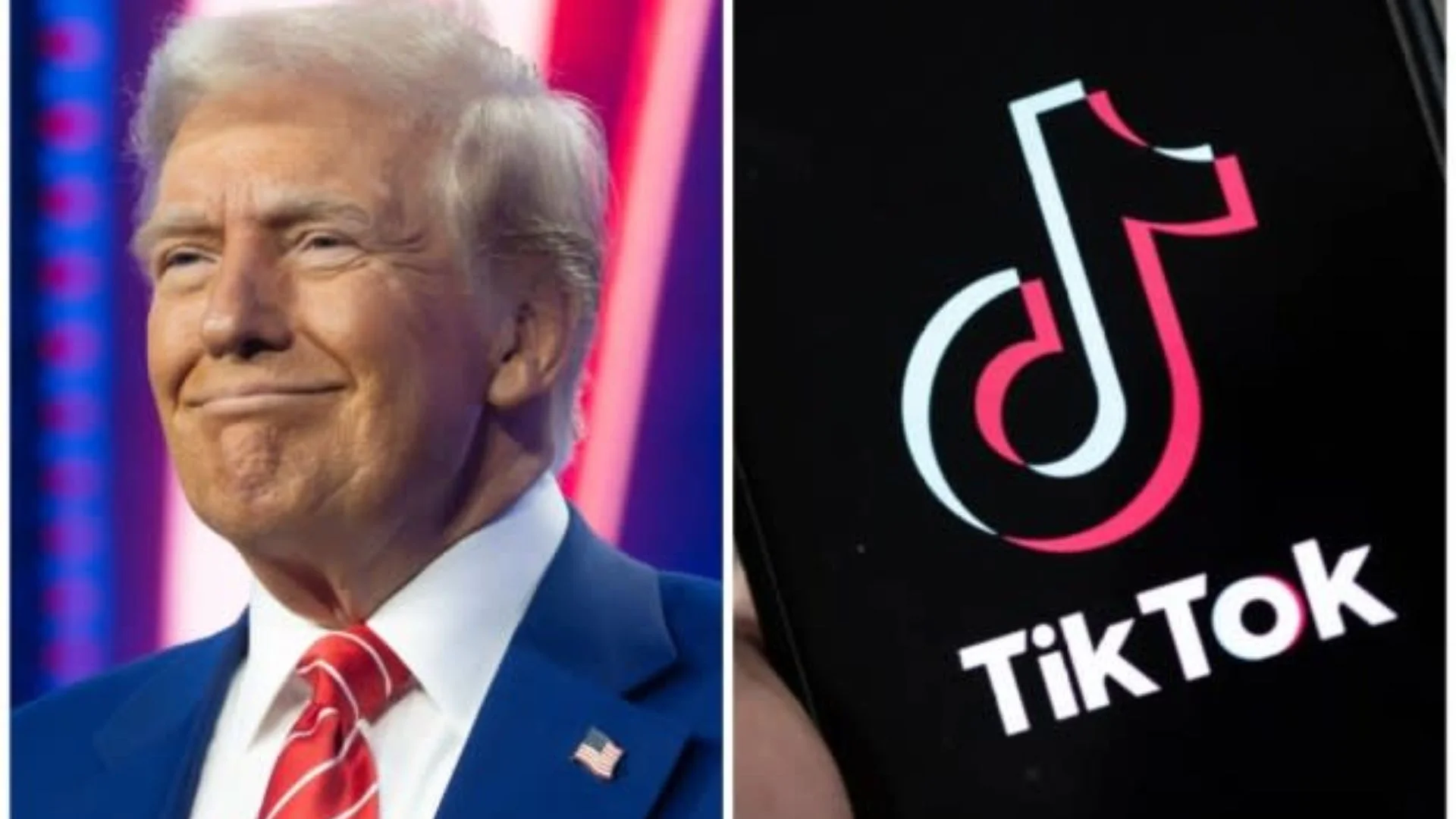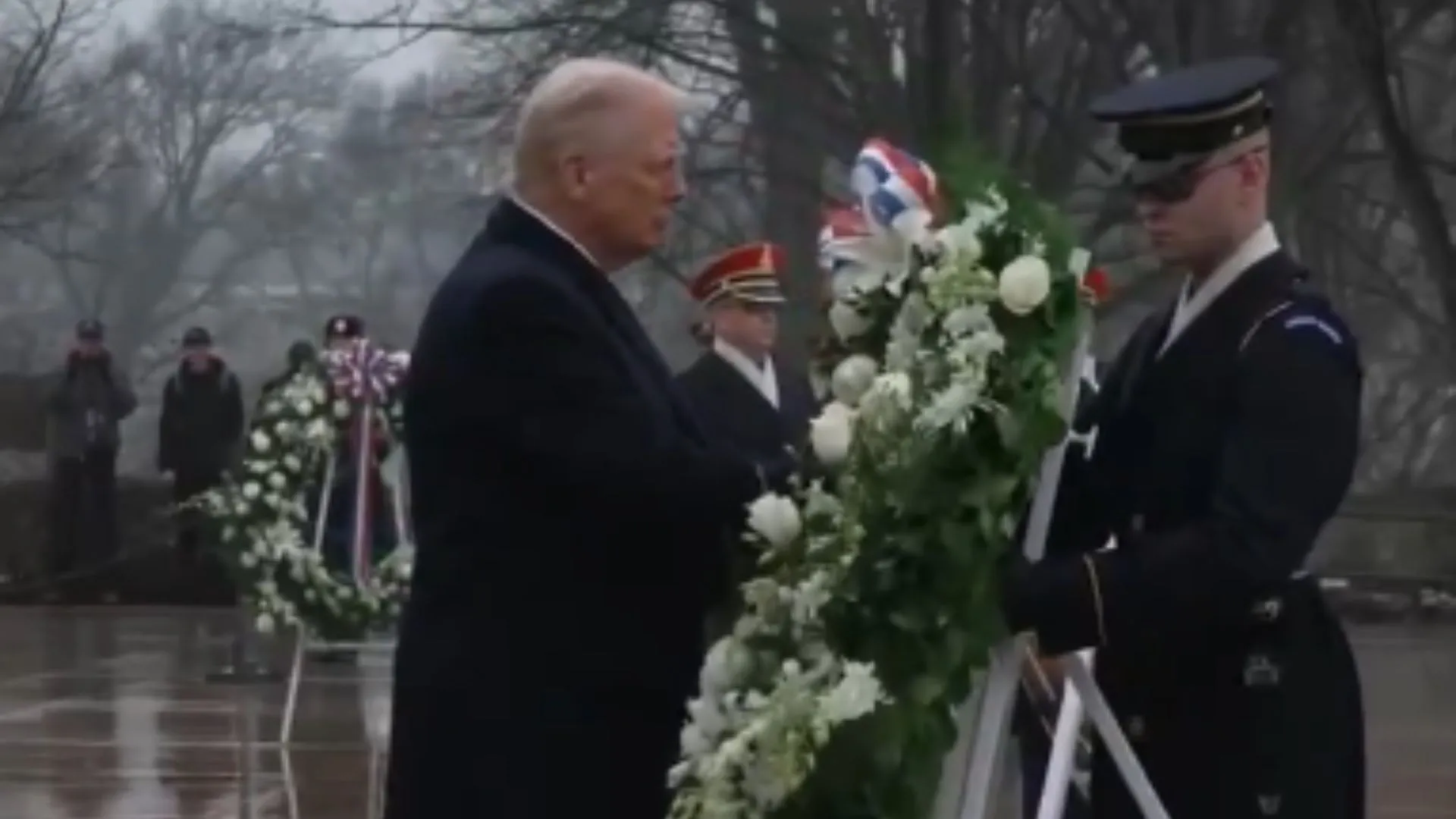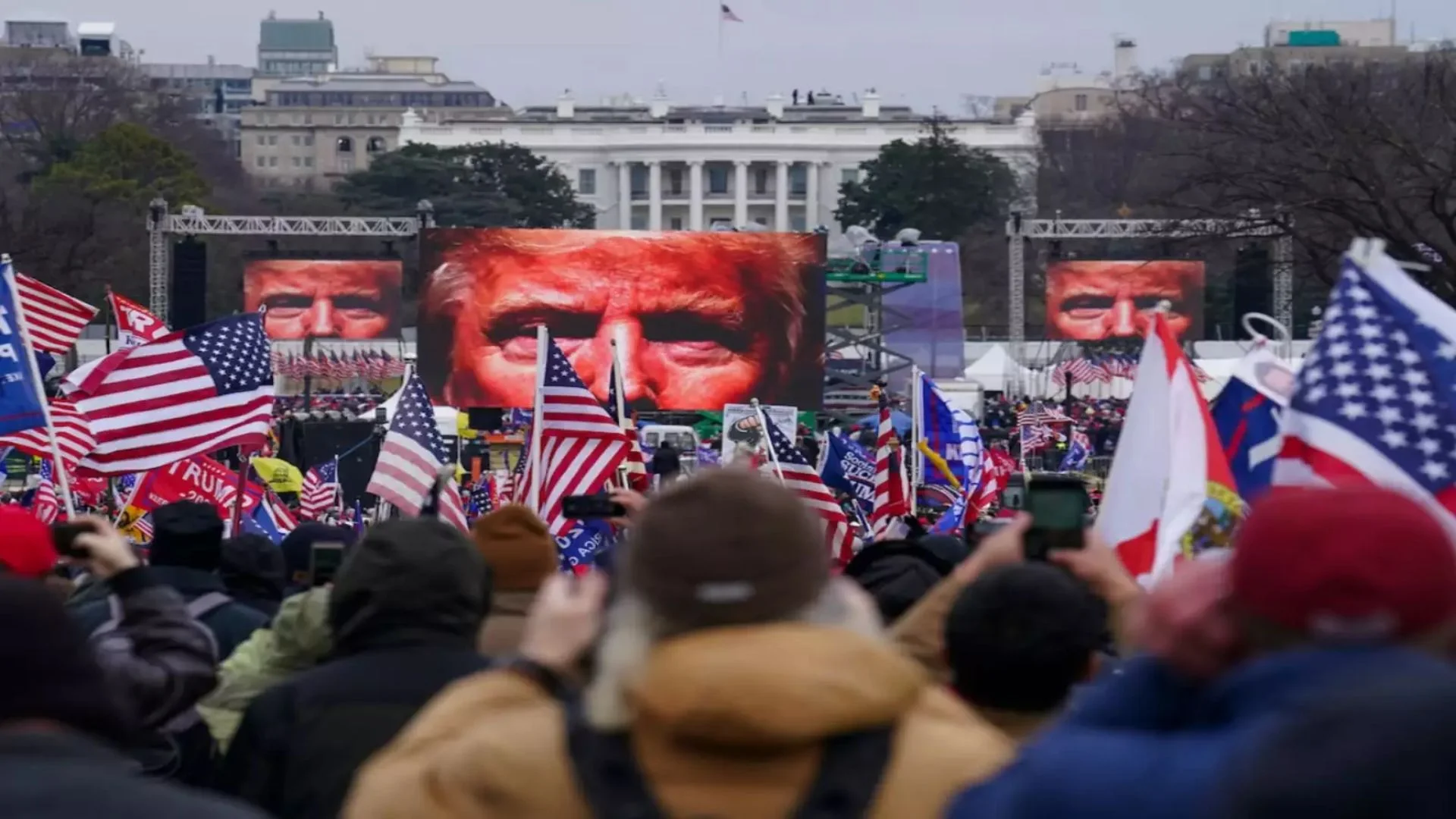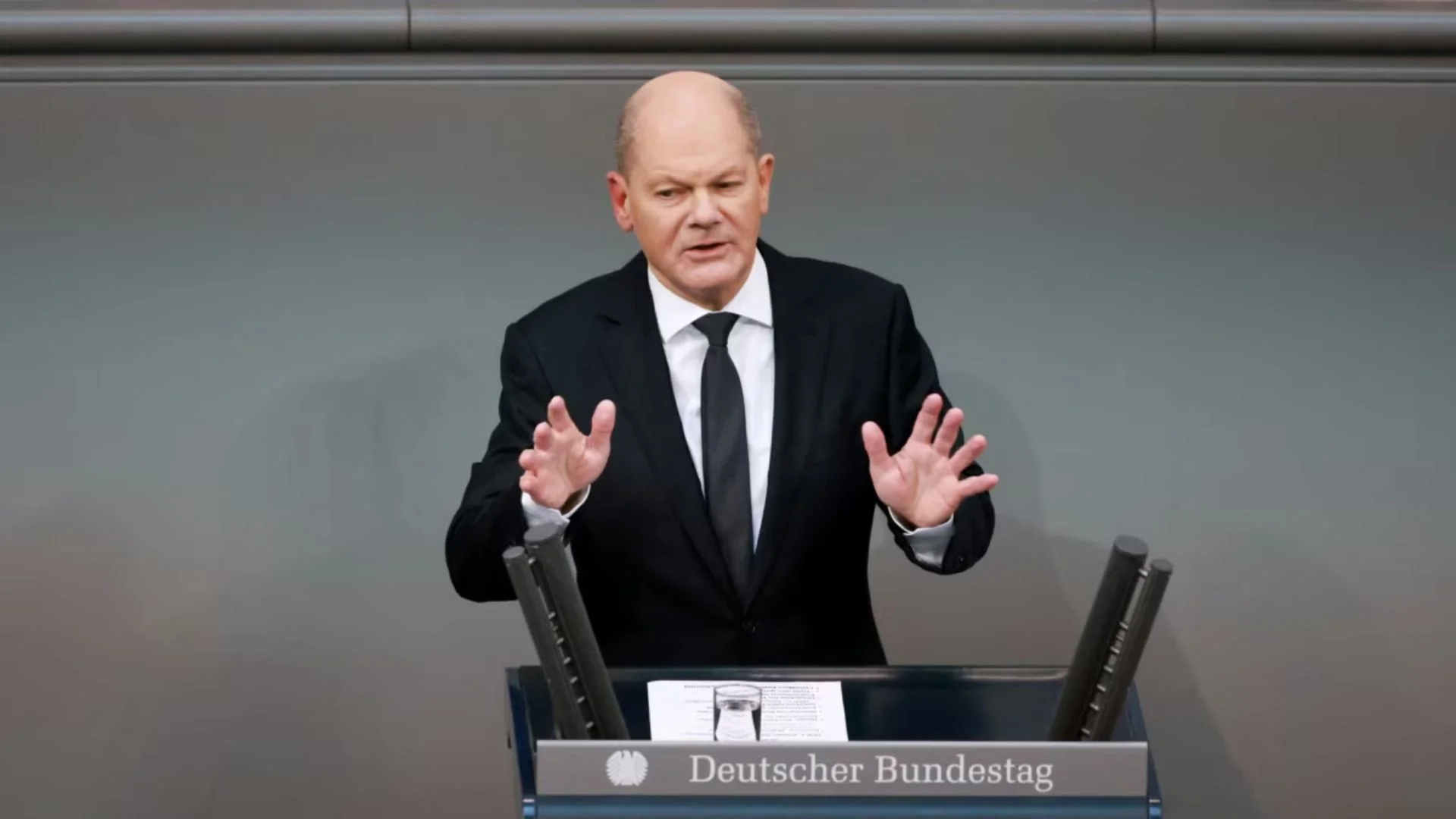The US decision to grant Chevron an export permit for Venezuelan oil has led to both economic revival and political controversy. While the permit has bolstered Venezuela’s struggling economy, critics argue it hasn’t achieved its intended goal of fostering democracy.
Economic Impact of Chevron’s Permit
In 2022, Chevron resumed oil production in Venezuela under a special permit granted by the US. Oil production surged to over 200,000 barrels daily, significantly boosting Venezuela’s foreign cash reserves. This marked a dramatic turnaround for the South American nation, which had been reeling from years of economic sanctions and mismanagement.
Economist José Guerra stated, “The permit has stabilized reserves and helped maintain the exchange rate between the US dollar and the Venezuelan bolivar.” The revenue from these operations supports the Venezuelan government, though transparency around its usage remains unclear.
Democracy Concerns and Electoral Disputes
Despite economic gains, the political situation in Venezuela remains contentious. The 2024 presidential election, which re-elected Nicolás Maduro, has been widely criticized for lacking transparency. Opposition leaders claim that election results were falsified, with independent observers confirming discrepancies.
Critics, including former US special representative Elliot Abrams, argue that the sanctions reprieve has not incentivized democratic reforms. “The election was stolen. The sanctions should be reimposed,” Abrams said.
Social and Migration Implications
The prolonged political and economic crisis has driven over 7.7 million Venezuelans to migrate. Analysts warn that revoking Chevron’s permit could exacerbate this crisis. Economist Francisco Rodriguez estimated that tighter sanctions could lead to an additional 800,000 migrants by 2029.
The Biden Administration’s Position
US President Joe Biden has defended the permit, suggesting that abrupt changes in sanctions could destabilize global oil markets and fail to achieve democratic progress. “We need to assess the broader impacts of any sanctions adjustments,” Biden explained.


